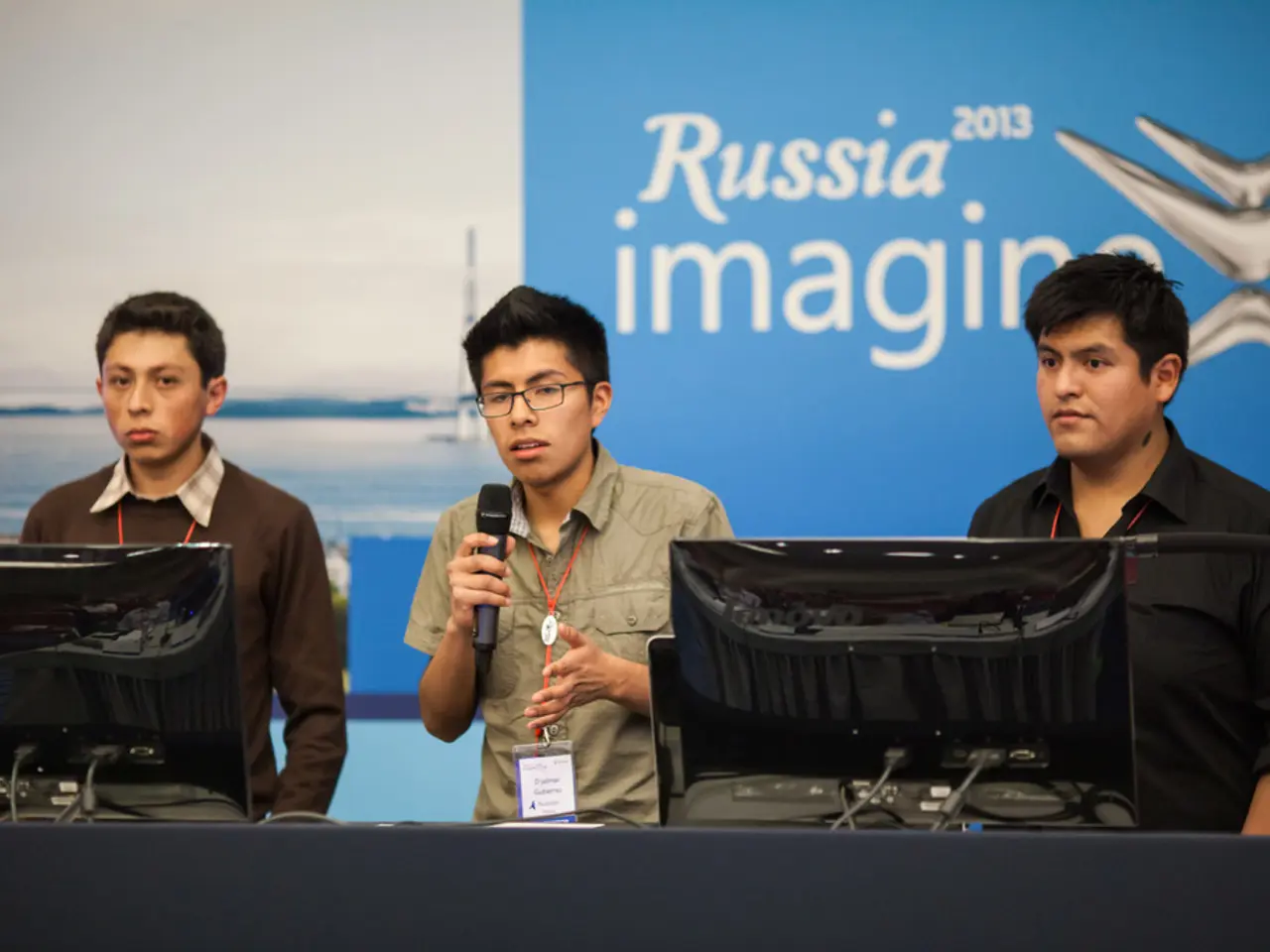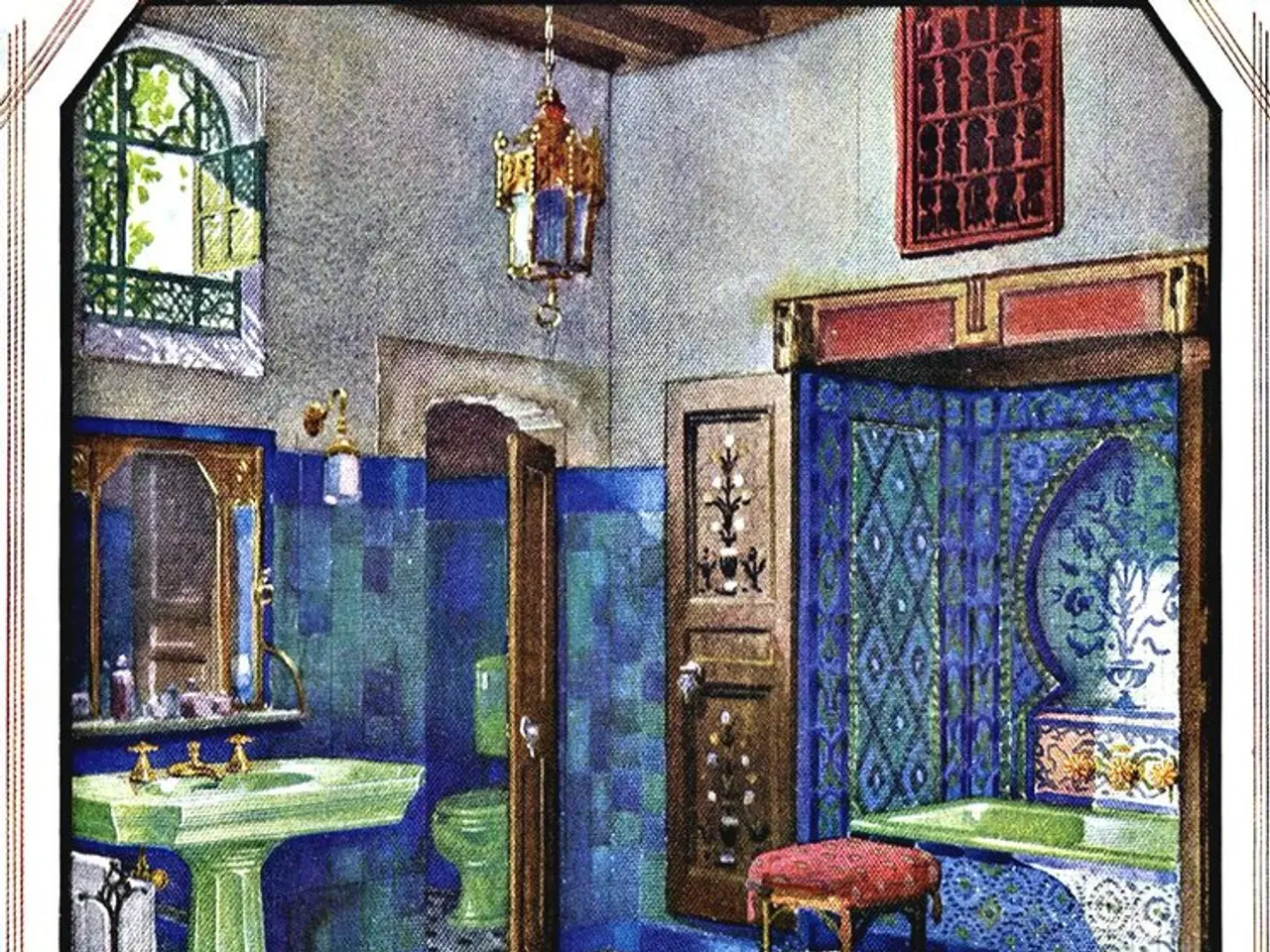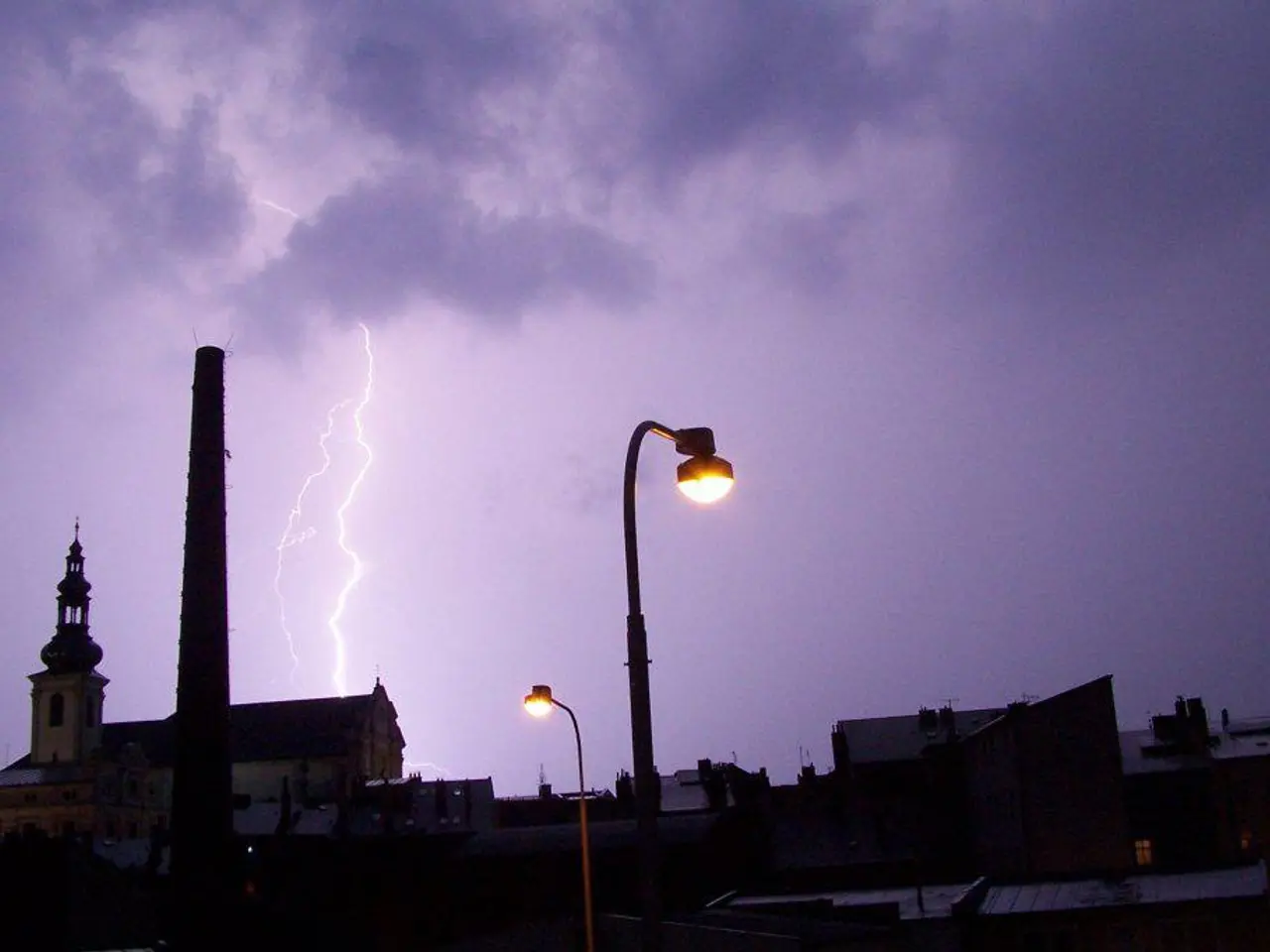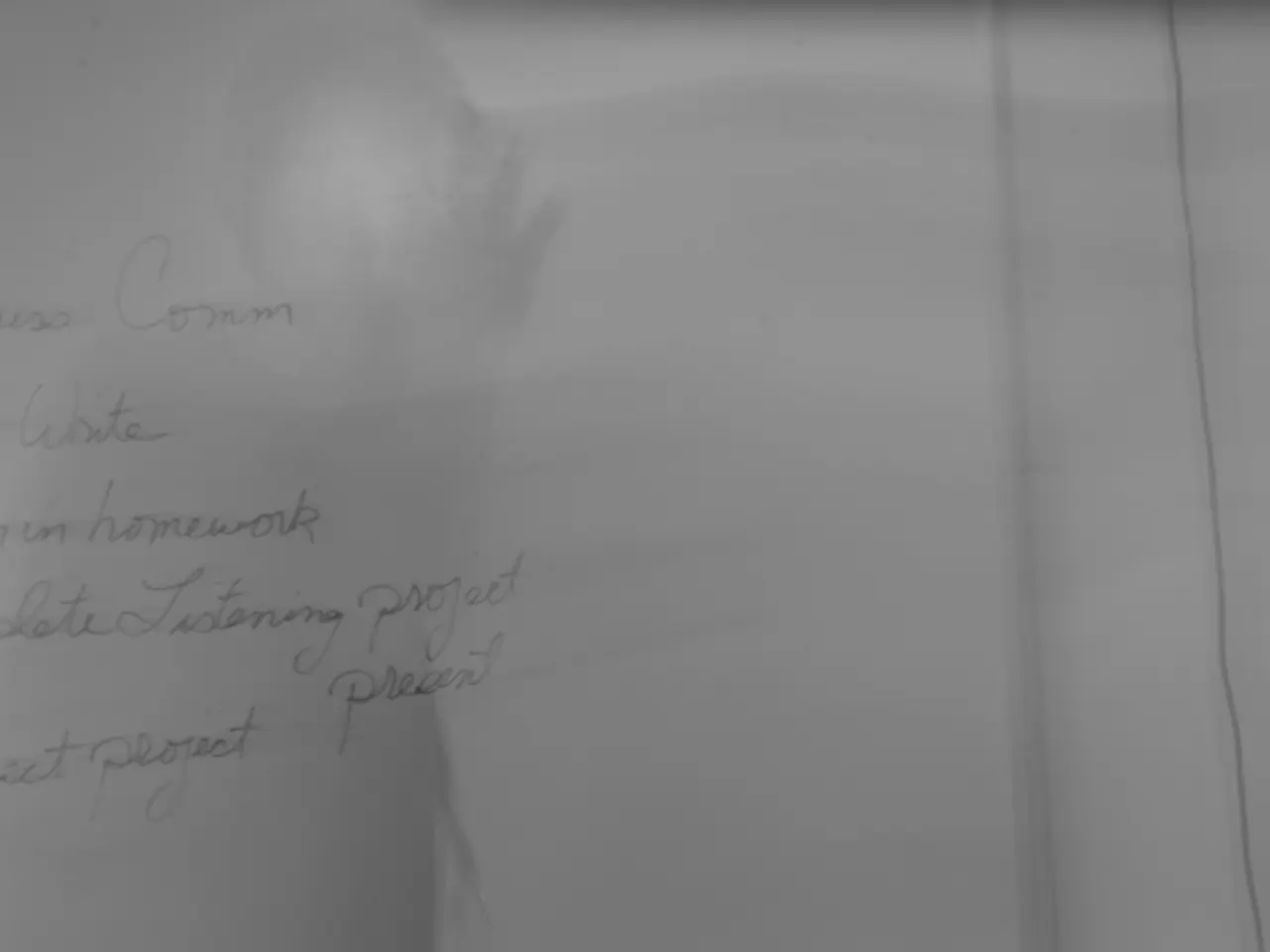Trump's Contentious Detainment: Palestine Advocate Mahmud Chalil Freed
Activist Machmud Chalil, a supporter of the Palestinian cause, has regained his liberty.
With a sigh of relief, pro-Palestine activist Mahmud Chalil has been ordered to be released by a U.S. judge. Chalil, who spent over three months in detention, is now allowed to return to New York prior to his deportation hearing, after posting bail. The judge's decision came after declaring the government's attempt to keep Chalil imprisoned as "extraordinarily unusual."
In television footage, Chalil is seen leaving the detention center in Jena, Louisiana, dressed in a Palestinian keffiyeh. His wife, U.S. citizen Noor Abdalla, expressed relief and frustration. "After more than three months, we can finally breathe," Abdalla said. "But the injustices inflicted on our family by the Trump administration do not disappear with this verdict." Abdalla had to give birth to their son in April without Chalil's temporary release being granted by ICE.
Chalil, originally from Algeria, was known for his involvement in protests against the Gaza war at Columbia University in New York. The U.S. government accused him of distributing flyers with the logo of Islamic Hamas on campus, an allegation his lawyers deny. Despite having a permanent U.S. residence permit, also known as a 'green card,' and being married to a U.S. citizen, Chalil was arrested in his home by ICE agents in early March.
Controversial McCarthy-Era Law Invoked
The case caused a significant stir in the U.S. since Chalil's arrest was the first known arrest of a pro-Palestine activist during President Donald Trump's term. More arrests have followed since.
U.S. Secretary of State Marco Rubio invoked a law passed during the 1950s, during the height of the fight against communists under President Joseph McCarthy, that allows for the deportation of foreigners deemed opponents of U.S. policy. Rubio argued that the freedom of speech guaranteed in the U.S. Constitution does not apply to foreigners, a claim the court has ruled likely unconstitutional.
A Justice Department lawyer told CBS News that the government is expected to appeal the recent decision. It remains uncertain whether they will present new grounds for detention.
Source: ntv.de, ino/AFP/dpa
- USA
- Palestinians
- Civil Liberties
- Migration
- Justice
Enrichment Data:
Insight:
The Trump Administration utilized a seldom-used immigration law provision, which echoes McCarthy-era policies aimed at suppressing political enemies, to detain Mahmoud Khalil, a pro-Palestine activist. This law empowers the Secretary of State to order the removal of a foreigner deemed a threat to U.S. foreign policy interests. In Khalil's case, Secretary of State Marco Rubio alleged that his activism, perceived as anti-Semitic, created a hostile environment and posed an adverse foreign policy consequence, thereby warranting Khalil's detention and attempted deportation [1][2].
Detained for over three months, Khalil, a legal permanent resident and former Columbia University student, faced shifting reasons for his detention, which revolved around supposed national security concerns. These rationales were disputed in court as a form of political retaliation against Khalil's pro-Palestinian speech. Judge Michael Farbiarz ruled that Khalil was neither a flight risk nor a threat to the community, and reproached the government's unusual approach to prolonged detention in such cases [1][3].
This incident highlighted the Trump Administration's willingness to wield a Cold War-era legal instrument, traditionally employed to suppress political dissent, to target advocates of Palestine. The legal resistance culminated in Khalil's release, underscoring concerns over constitutional safeguards against politically motivated detention that restrict free speech [1][3].
- The Trump Administration's decision to detain Mahmoud Khalil, a pro-Palestine activist, was reminiscent of McCarthy-era policies, as it invoked a seldom-used immigration law passed during the 1950s in an attempt to suppress political enemies.
- The ongoing controversy surrounding Khalil's detention is part of a broader discussion on civil liberties in the U.S., with the case highlighting concerns over the use of Cold War-era legal instruments for political purposes, potentially restricting free speech and free association.







